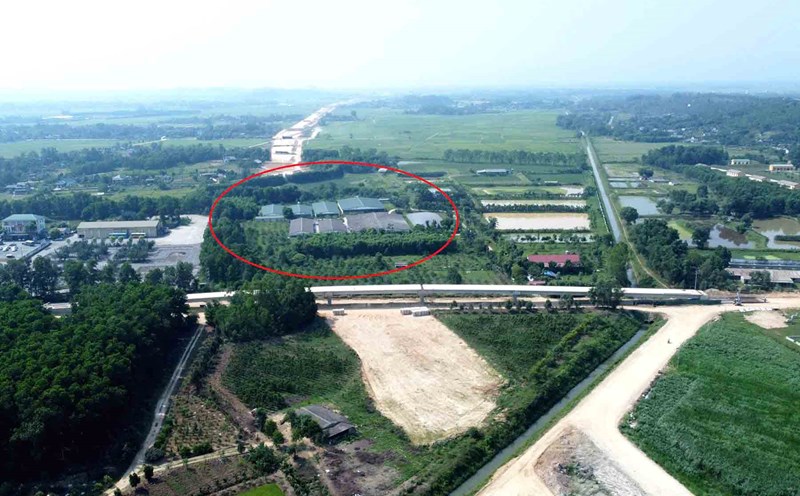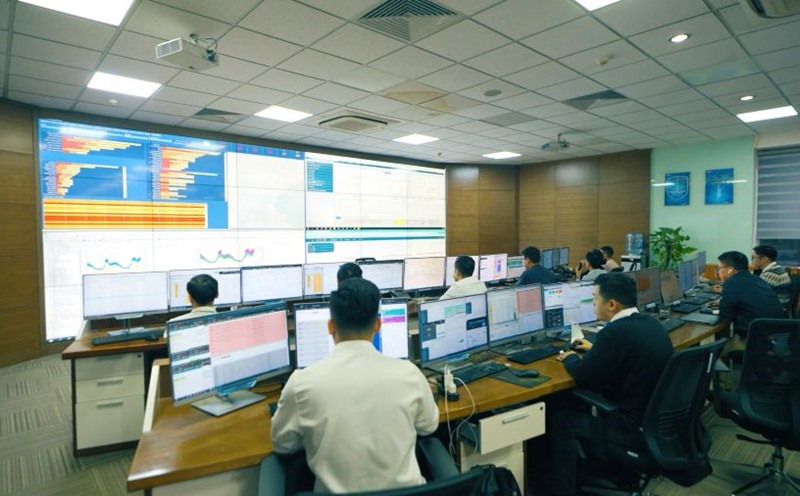A Dak Lak company, operating in the field of food wholesale, has a question to the Ministry of Finance regarding the time of issuing a value-added tax (VAT) when selling goods but delivering the goods the next day.
According to the company's reflection, the unit specializes in distributing candy to grocery stores in districts and communes of Dak Lak and Lam Dong provinces. In some cases, customers place orders and pay at 5:00 p.m. the previous day, the company will make invoices the same day and deliver the goods the next day. Due to the nature of having to transport goods to districts and provinces, delivering goods on the same day is difficult.
Businesses wonder whether issuing invoices one day before the delivery date violates the provisions of Decree 123/2020/ND-CP or not.
Responding to this issue, Dak Lak Business Tax 1 cited the provisions of Point a, Clause 6, Article 1, Decree 70/2025/ND-CP (dated March 20, 2025) amending and supplementing Clause 1, Clause 2, Article 9, Decree 123/2020/ND-CP.
Specifically:
For the sale of goods (including the sale, transfer of public assets and sale of national reserves), the time of making the invoice is the time of transferring ownership or use of goods to the buyer, regardless of whether the money has been collected or not.
For the export of goods (including export processing), the time of issuing e-commerce invoices, electronic VAT invoices or electronic sales invoices is determined by the seller, but no later than the next working day from the date the goods are cleared according to the provisions of the law on customs.
For service provision, the time of making the invoice is when the service is completed, regardless of whether the payment has been made or not. If collecting money before or while providing services, the time of making the invoice is the time of collecting money, except in the case of depositing or advance payment to ensure contract performance.
The tax authority emphasizes: the time of issuing invoices for selling goods is the time of transferring ownership or use of goods to the buyer, regardless of whether the money is collected or not.
The tax authority requests the company. based on the actual situation of goods sales and service provision at the company and compare with the guiding documents on invoices and documents cited above to comply with legal regulations.











